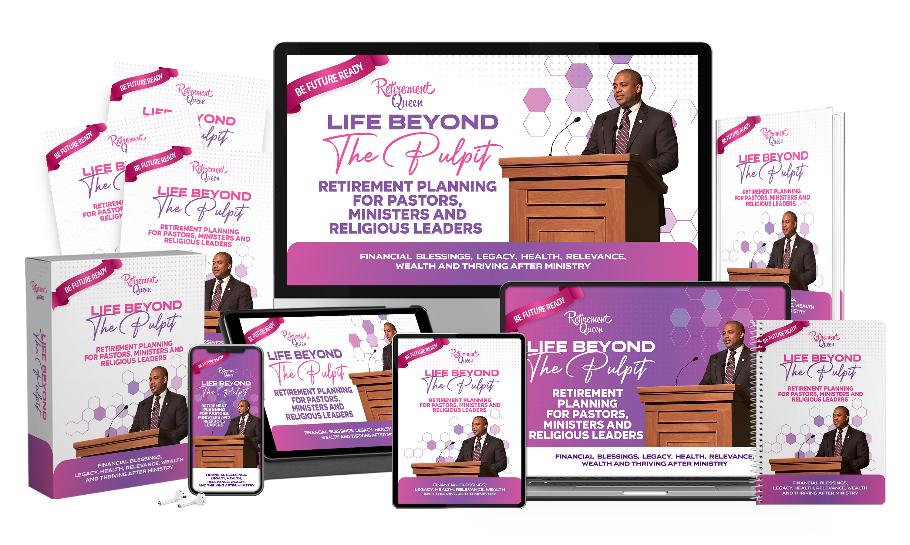Retirement Planning For Pastors: A Comprehensive Global Guide
Pastors worldwide dedicate their lives to serving their congregations and communities, often with unique financial circumstances that require thoughtful retirement planning. This guide aims to provide pastors and church leaders with a comprehensive overview of key considerations for a secure and fulfilling retirement, irrespective of their geographical location.
Understanding the Unique Financial Landscape Globally
Ministry often involves benefits like church-provided accommodation, varying salary structures, and sometimes, participation in denominational or faith-based pension plans. These factors can significantly impact how retirement savings are approached. It's crucial to understand:
- The implications of housing benefits (like church-provided accommodation) on retirement income and potential tax considerations in your country.
- The structure and benefits of any denominational, faith-based, or national retirement plans available to clergy.
- The importance of personal savings and investments, tailored to your country's financial system, outside of church-provided benefits.
Key Steps in Retirement Planning (Universal Principles)
1. Start Early and Define Your Goals
The earlier you start planning and saving, the better, regardless of where you serve. Define what retirement looks like for you. Do you envision continued part-time ministry, volunteering, travel, or pursuing hobbies? Your goals will shape your financial needs.
2. Assess Your Current Financial Situation
Take stock of your current assets, debts, income, and expenses. Understand your net worth and how much you are currently saving. Financial advisors or tools relevant to your region can assist with this.
3. Maximize Retirement Accounts & Savings Vehicles
Pastors may be eligible for specialized retirement savings plans (e.g., those for non-profit or religious organization employees if available in their country). If your denomination offers a pension plan, understand its benefits and contribution requirements. Consider opening personal retirement savings accounts, which vary by country, for additional tax-advantaged or appropriate savings.
4. Plan for Housing
If you've lived in church-provided accommodation, securing housing in retirement is a major consideration. Will you buy a home? Rent? Relocate? Factor housing costs into your retirement budget. Some regions or denominations may offer specific housing support or advice for retired clergy.
5. Healthcare Considerations
Healthcare can be one of the largest expenses in retirement. Research your country's national health service provisions, private health insurance options, and consider any denominational health plans that might extend into retirement.
6. Estate Planning
Ensure you have appropriate legal documents like a will, power of attorney, and healthcare directive in place, according to the laws of your country. This protects your assets and ensures your wishes are carried out.
Continued Service and Purpose
For many pastors globally, retirement doesn't mean an end to service. It can be a new season of ministry, volunteering, mentoring, or writing. Planning for these activities can make retirement more fulfilling.
Seeking Professional Advice
Navigating retirement planning can be complex. Consider consulting with a financial advisor who understands the unique circumstances of clergy, potentially one familiar with both your local context and international considerations if applicable.
Retirement planning is an ongoing process. Review your plan regularly and make adjustments as needed. With careful planning, pastors worldwide can look forward to a financially secure and spiritually rich retirement.
For a comprehensive coaching program on retirement planning for pastors, visit www.RetirementPlanningForPastors.com by The Retirement Queen Bibi Apampa.

